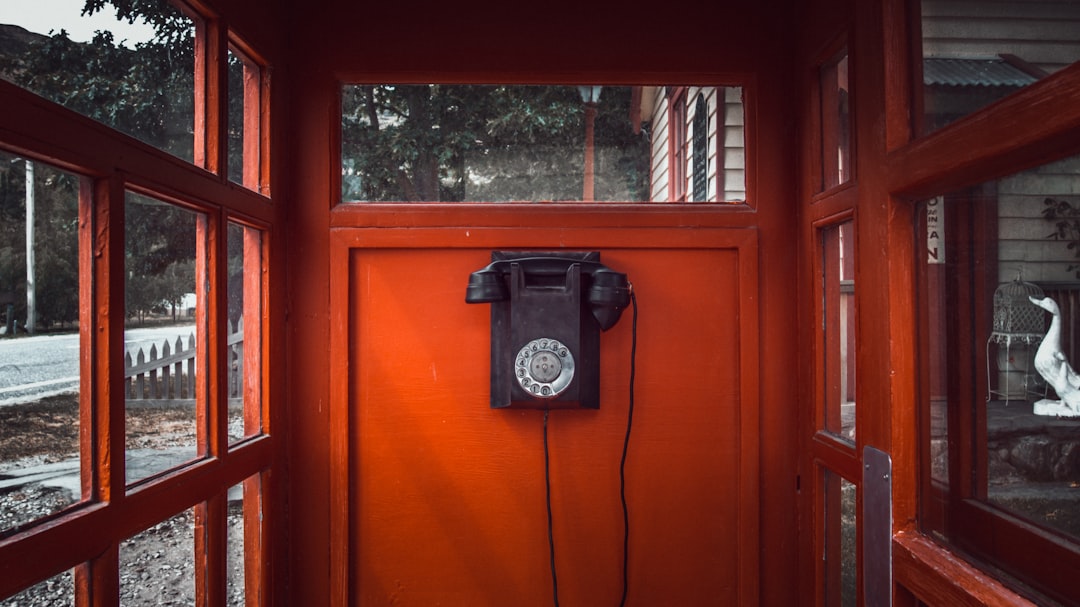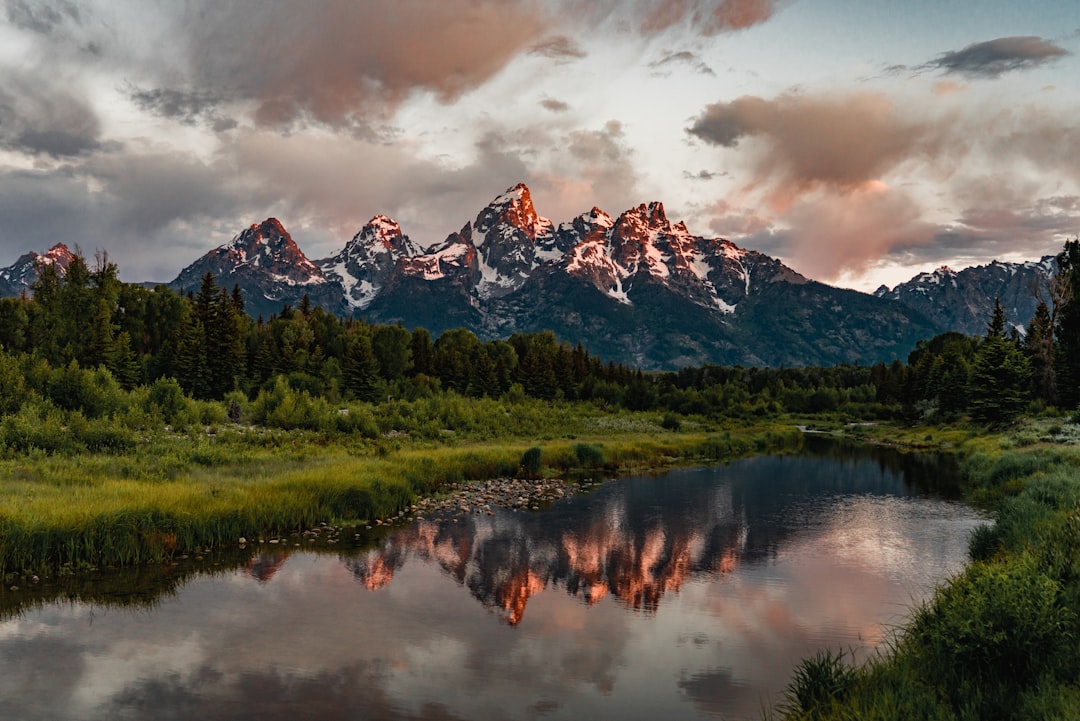Jackson Hole, Wyoming's popular resort, grapples with an escalating issue of spam calls from law firms, disrupting locals and visitors. Despite Wyoming's stringent spam call law targeting such robocalls, the problem persists. The state has adopted a multi-faceted approach, combining education, legal action, and technological tools to combat these unwanted interruptions. This strategy aims to protect privacy-conscious residents and transform Jackson Hole into a model for effective anti-spam call law firms solutions in resort communities.
Jackson Hole Mountain Resort Area is fighting back against robocalls, a growing nuisance affecting communities worldwide. In this article, we explore the pervasive issue of automated spam calls targeting residents and businesses in scenic Wyoming. We delve into the region’s proactive measures, including collaborations with local telco providers and initiatives by state legislators to combat these unwanted intrusions from law firms and other sources. Understanding these strategies is key to assessing the evolving landscape of anti-robocall measures in resort communities.
Understanding the Robocall Problem in Jackson Hole

Jackson Hole, a picturesque mountain resort area in Wyoming, has been grappling with an increasing menace that’s as frustrating as it is illegal—robocalls. These automated phone calls, often from law firms peddling spam or fraudulent schemes, have become a significant nuisance for locals and visitors alike. With no way to opt out, many residents find their peace disturbed by these unwanted intrusions.
The problem has grown in tandem with the area’s popularity, as Jackson Hole attracts tourists year-round, making it an attractive target for spammers. Wyoming, like several other states, has implemented a Spam Call law aimed at protecting consumers from such harassment. However, despite these measures, the calls persist, prompting local authorities and residents to explore innovative solutions to combat this modern-day frustration.
Wyoming's Approach to Combat Spam Call Law Firms

Wyoming, known for its breathtaking landscapes and robust outdoor culture, has taken a proactive approach to combat the persistent issue of spam calls from law firms. The state’s unique position as a haven for privacy-conscious residents has attracted attention from these unwanted callers. To counter this, Wyoming implemented a stringent anti-spam call law, targeting specifically law firm robocalls.
The Wyoming approach emphasizes education and technology. Residents are encouraged to register with the national Do Not Call Registry and utilize state-provided tools to block spam calls. The state’s Attorney General’s office actively prosecutes violations, sending a clear message to law firms engaging in these practices. This multi-pronged strategy combines awareness, legal deterrents, and technological solutions to create an effective barrier against spam call law firms, ensuring Wyoming residents enjoy peace from unwanted interruptions.
The Impact and Future of Anti-Robocall Measures in Resort Communities

The proliferation of robocalls has become a significant nuisance in many communities, and resort areas like Jackson Hole are no exception. These automated calls, often from spam call law firms, can disrupt the peaceful atmosphere and experience that visitors seek. The impact extends beyond mere frustration; it can affect local businesses and the overall tourist appeal of the region. Many residents and business owners have taken matters into their own hands, adopting various anti-robocall measures to combat this growing issue.
Looking ahead, the success of these initiatives could lead to more robust and comprehensive anti-robocall solutions tailored specifically for resort communities. With a collaborative effort between local governments, telecommunications providers, and businesses, there’s a promising future where visitors can enjoy Jackson Hole without the constant interruptions of unwanted calls. Such developments would not only enhance the visitor experience but also contribute to the overall well-being and sustainability of these vibrant communities.






